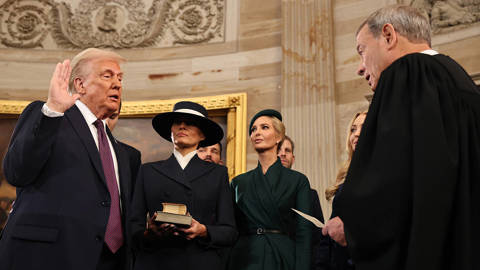Justina Nixon-Saintil
Justina Nixon-Saintil is Vice President and Chief Impact Officer at IBM.
-
Closing the AI Skills Gap in 2025

Closing the AI Skills Gap in 2025
Dec 12, 2024 Justina Nixon-Saintil explains what can be done to equip the workforce for an era of rapid technological change.
-
Unlocking AI-Powered Learning

Unlocking AI-Powered Learning
Oct 14, 2024 Justina Nixon-Saintil foresees the technology enhancing student learning and creating new pathways to rewarding careers.
-
AI Holds the Key to Resilient Cities

AI Holds the Key to Resilient Cities
Apr 22, 2024 Justina Nixon-Saintil surveys the technology's foreseeable applications in promoting urban sustainable development.
-
Advancing Environmental Justice with AI

Advancing Environmental Justice with AI
Aug 23, 2023 Justina Nixon-Saintil shows how artificial-intelligence tools could help marginalized communities combat the climate crisis.








